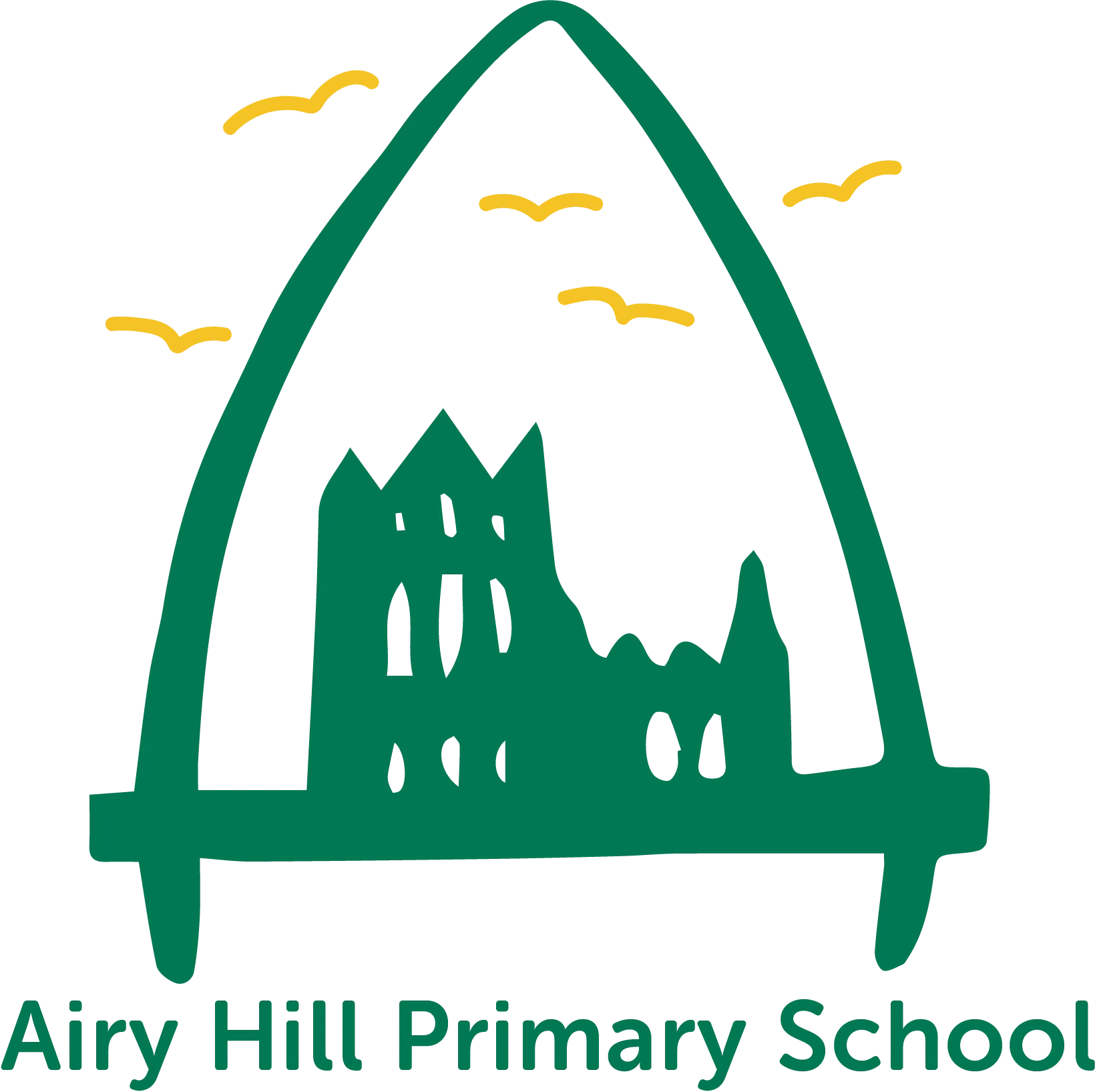RSE and PSHE
Rationale
Airy Hill school encourages a pupil’s voice to be heard within a safe base, surrounded by secure relationships. This starts right from the beginning within the EYFS and the strong emphasis upon active learning where children are encouraged to be independent and motivated with a strong sense of self – belief, resilience, perseverance, and reflection.
The ethos of our school is to be diverse and inclusive therefore we provide our children with opportunities to learn about their rights and responsibilities and appreciation of others across the curriculum
Intent
Our curriculum aims to give children the knowledge, skills, and attitudes that they need to effectively navigate the complexities of life in the 21st Century.
It covers key areas which will support children to make informed choices now and in the future around their health, safety, wellbeing, relationships, and financial matters and will support them in becoming confident individuals and active members of society
We provide activities and discussion which will nurture emotional wellbeing and therefore help increase resilience, confidence, and independence within the wider, modern world.
We are aware of the unique child and their personal development within a locality that has some social and economic deprivation and weak breadth of language on entry.
We expose children to a broad array of tasks and experiences outside of the classroom which enhance the entitlement framework
Implementation
We use Kapow Primary scheme to deliver RSE and PSHE. This is a whole school approach that consists of three areas of learning in EYFS: Reception (to match the EYFS Personal, social and emotional development prime area) and five areas of learning across Key stages 1 and 2.
EYFS:
- Self-regulation
- Building relationships
- Managing self
Key stage 1 and 2:
- Families and relationships
- Health and wellbeing
- Safety and the changing body
- Citizenship
- Economic wellbeing
Each area is revisited to allow children to build on prior learning. Sex education has been included in line with the DfE recommendations and is covered in Year 6 of our scheme. Sexual health is taught as an element of health education but also within the context of healthy relationships (see RSE policy, in line with the Department for Education’s statutory guidance).
PSHE lessons take place each week by the class teacher. Children will complete their task within a PSHE book where appropriate. Circle time scenarios and opportunities to share thoughts and feelings as well as open questioning also occur across all key stages.
There are meaningful opportunities for cross-curricular learning, in particular with Computing for online safety and Science for growing, nutrition, teeth, diet and lifestyle. At Airy Hill, we have Key Stage Assemblies that focus upon different themes each half term. Topics covered enhance and support the classroom PSHE objectives as well as British Values and areas within our Rights Respecting School process. Guest speakers from outside agencies have also lead whole school discussions linked to a PSHE focus. Assemblies focus upon different themes each half term. We believe that much of our whole school intent is covered daily through our Nurture school principals and whole school ethos. All staff are trained and made aware of individual children and their circumstances. This knowledge provides adults with an understanding of behaviour and how to best support the individual.
Impact
Our holistic approach to PSHE means that our children can:
- Use taught strategies to look after their mental health and personal wellbeing as well as that of others. Talk openly and confidently about thoughts and feelings.
- Progress to Secondary School and beyond with strong self-belief, positive work ethic and the resilience to achieve.
We currently use the Boxhall profile system as a way of monitoring children’s emotional needs and supporting those who need it.
The Balance assessment tool also works as another method used where professional judgements are recorded by each class teacher to measure PSHE impact
